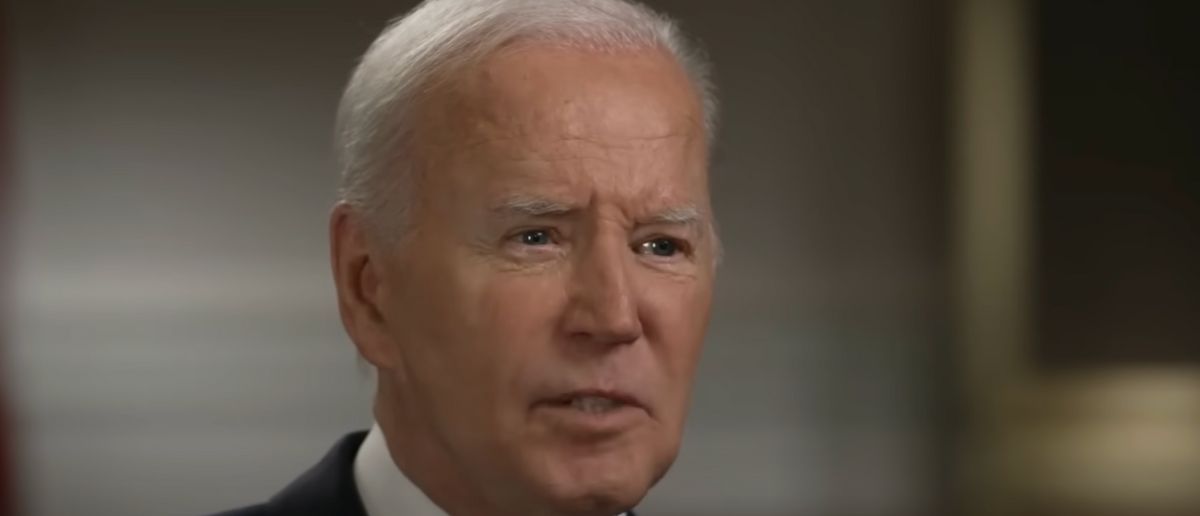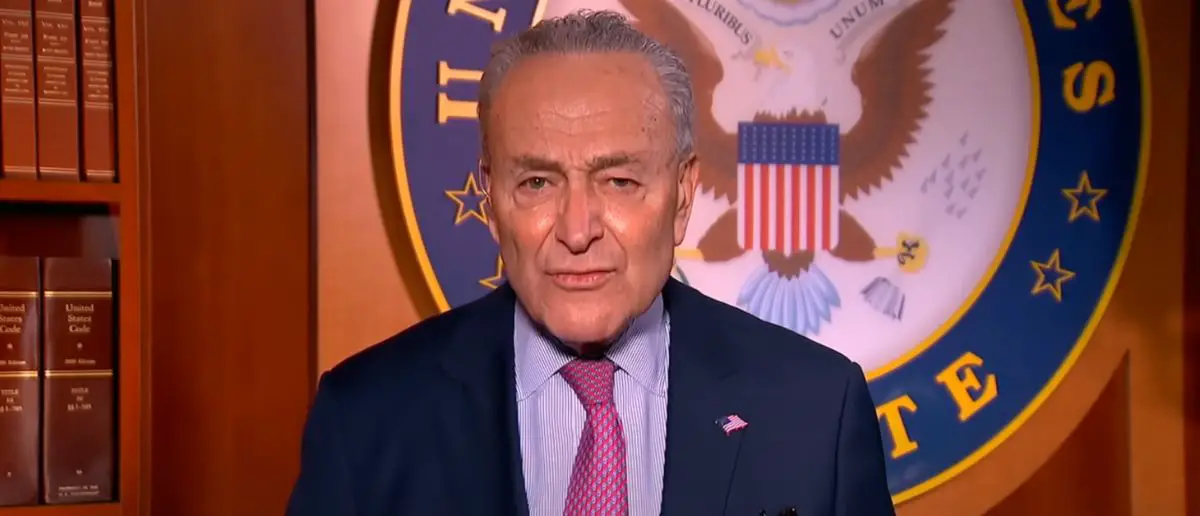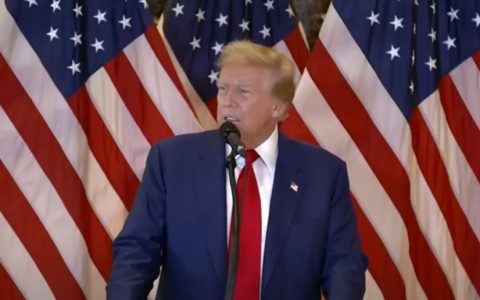
Homeland Security is supposed to defend this great nation. Instead, it has made it a criminal hot spot.
And now Alejandro Mayorkas confessed to a dereliction of duty that could end his career.
Department of Homeland Security Secretary Alejandro Mayorkas faced mounting pressure over the weekend as he struggled to explain why the Biden administration has been unable to halt the massive “Salt Typhoon” cyberattack by communist China on U.S. telecommunications companies.
The breach, described as potentially the largest in U.S. history, has compromised the data of millions of Americans and raised serious concerns about the administration’s cybersecurity strategy.
During an appearance on CBS News’ Face The Nation on Sunday, Mayorkas was confronted about the administration’s failure to stop the attack.
Host Margaret Brennan directly asked, “Why hasn’t the U.S. government stopped it?”
This pointed question set the tone for an interview that exposed significant gaps in the administration’s response.
“The intrusion is a very significant one and an extraordinarily impactful one and an absolutely unacceptable one,” Mayorkas responded.
“And the president has demonstrated a strong response to the People’s Republic of China. It is very sophisticated.” While Mayorkas acknowledged the gravity of the breach, his comments offered little in terms of concrete solutions, focusing instead on the complexity of the attack.
Mayorkas highlighted what he referred to as President Joe Biden’s “strong response” to the hack, citing an action taken by the U.S. Department of Commerce against China Telecom.
However, this measure appears to be insufficient in addressing the immediate damage caused by the breach. The secretary emphasized that the response is ongoing, stating, “The intrusion is a very sophisticated one. The telecommunications companies are working very vigorously to remediate it. They are working in partnership with us, with the Cybersecurity and Infrastructure Security Agency within the Department of Homeland Security, with the Federal Bureau of Investigation and other agencies of the federal government.”
Despite these efforts, the secretary’s remarks highlighted the administration’s reactive approach rather than proactive measures to prevent such intrusions. Mayorkas described the breach as “a very serious compromise” and underscored the need for “very serious action to remediate and recover from it, and also very serious response to it.”
Yet his statements offered little clarity on what those actions entail or how the U.S. plans to deter future attacks from adversaries like China.
The hack, dubbed “Salt Typhoon,” has exposed significant vulnerabilities in the nation’s telecommunications infrastructure, raising questions about the administration’s preparedness for cyber threats. Critics argue that the breach reflects a broader failure to prioritize cybersecurity, particularly against adversaries with advanced capabilities like China.
Mayorkas’s insistence on the sophistication of the attack has done little to reassure Americans concerned about their data security.
Furthermore, the secretary’s repeated references to the ongoing nature of the response have led to growing frustrations among experts and lawmakers alike. While collaboration between telecommunications companies and federal agencies is essential, critics argue that the administration’s response lacks urgency and transparency. The absence of clear timelines or decisive actions has left many wondering whether the administration is equipped to handle a crisis of this magnitude.
As the situation continues to unfold, the Biden administration faces increasing pressure to demonstrate leadership and accountability.
The breach serves as a stark reminder of the ever-evolving threats posed by hostile actors like China and the pressing need for a robust national cybersecurity strategy.
For now, however, the administration’s response appears to be more rhetoric than resolution, leaving Americans questioning whether their government is up to the task of defending critical infrastructure in the digital age.
Stay tuned to the DC Daily Journal.





